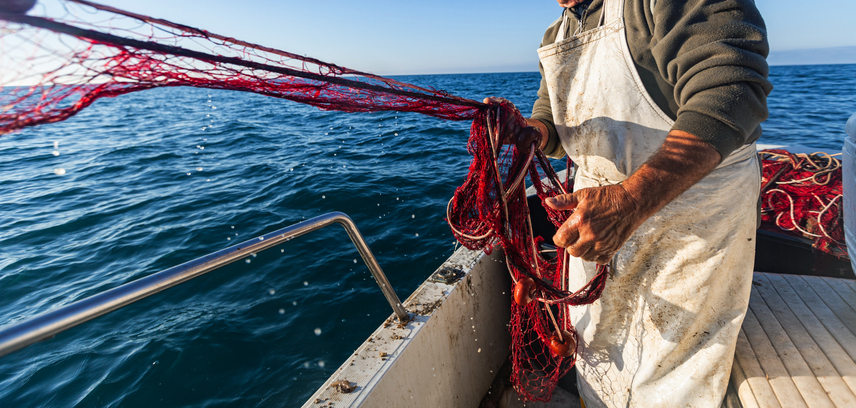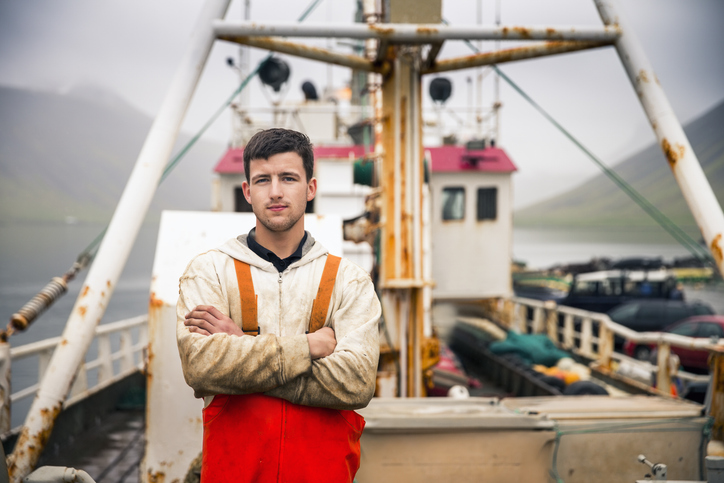Cities power Europe's Ocean Pact, driving local marine solutions
Europe’s new €1 billion Ocean Pact proves ocean health starts inland, with cities powering the change

As Europe steps forward with a bold marine agenda, cities – often seen as landlocked actors – are uniquely placed to deliver on its promises, connecting local action with the newly adopted European Ocean Pact.
Ocean sustainability is a cornerstone of the European Union’s environmental and geopolitical agenda – from the European Green Deal to the Biodiversity Strategy, and through its leadership in international ocean governance.
Recent frameworks, including the EU Mission: Restore our Ocean and Waters – which aims to protect and restore marine and freshwater ecosystems and biodiversity by 2030, have begun to translate high-level ambitions into concrete, multi-level action plans.
An ocean pact
Launched in 2025, the European Ocean Pact marks a renewed EU-wide commitment to protecting marine biodiversity, combating pollution, and driving the sustainable development of the blue economy, backed by a €1 billion investment.
The Pact emphasises support for coastal, island and outermost regions, highlighting opportunities to align urban planning, infrastructure, economic development and education strategies with broader marine protection goals.
Rather than introducing new legal obligations, the Pact offers a comprehensive strategy designed to bring greater coherence and unity to EU ocean policy. It serves as a reference point for both existing and future marine-related initiatives.
Its framework underlines the importance of multi-level coordination. Many of its priorities intersect with areas traditionally handled by regional or municipal authorities, suggesting that local actors will play a critical role in putting the Pact into practice.
Cities enabling ocean health
Ocean action is not limited to coastal cities. Urban runoff, wastewater discharge and pollution from inland municipalities contribute significantly to marine degradation – particularly through the networks of rivers and catchments that flow into the sea.
The Ocean Pact recognises this by encouraging catchment-level collaboration and promoting a “source-to-sea” governance model, in which cities are seen as upstream stewards of ocean health.
This year’s Ocean Week invites a broader and more inclusive conversation around ocean stewardship, centred on imagining a flourishing ocean and thriving coastal communities.
As part of the October Weeks calendar – which includes the European Week of Regions and Cities – cities now have a key opportunity to position themselves not only as stakeholders, but as solution-builders in achieving Europe’s marine ambitions.
A practical role
This evolving role for cities is not about shifting political power or assigning new legal competencies. Rather, it is about clarifying how local actions contribute to shared EU objectives.
These include municipal investments in green infrastructure to enhance coastal resilience, local strategies to reduce ocean plastic pollution through circular economy approaches, and initiatives to foster ocean literacy across generations through education.
In this context, cities are not being asked to lead marine policy – but to align their existing priorities with the Pact’s goals, acting as gateways to marine systems and co-implementers of Europe’s ocean future.
Building a city-ocean community
As more municipalities engage in ocean-positive action, there may be value in exploring whether a dedicated space is needed for local governments, regional bodies, EU institutions and civil society to coordinate efforts, share lessons and unlock synergies.
Such a platform could facilitate access to guidance, tools and funding, support coordination between inland and coastal cities, build technical capacity through peer learning, and provide a structured channel for local input into evolving marine strategies.
Rather than establishing a new governance layer, this would build on the roles cities already play – recognising that marine outcomes are often shaped by land-based decisions and infrastructure.
From pact to practice
The adoption of the European Ocean Pact, coupled with a €1 billion commitment, sends a clear signal: Europe is serious about oceans. Yet the true test lies in how that ambition is translated through the layers of governance that impact the sea.
For cities, this represents a strategic opportunity to claim a seat at the table – not by demanding mandates, but by demonstrating that local action is indispensable to marine recovery.
As Ocean Week and Regions Week approach, municipal leadership should not be an afterthought; it must be brought into full view. After all, the journey to ocean health begins not at the water’s edge, but deep inland – in our cities.
(BM)








